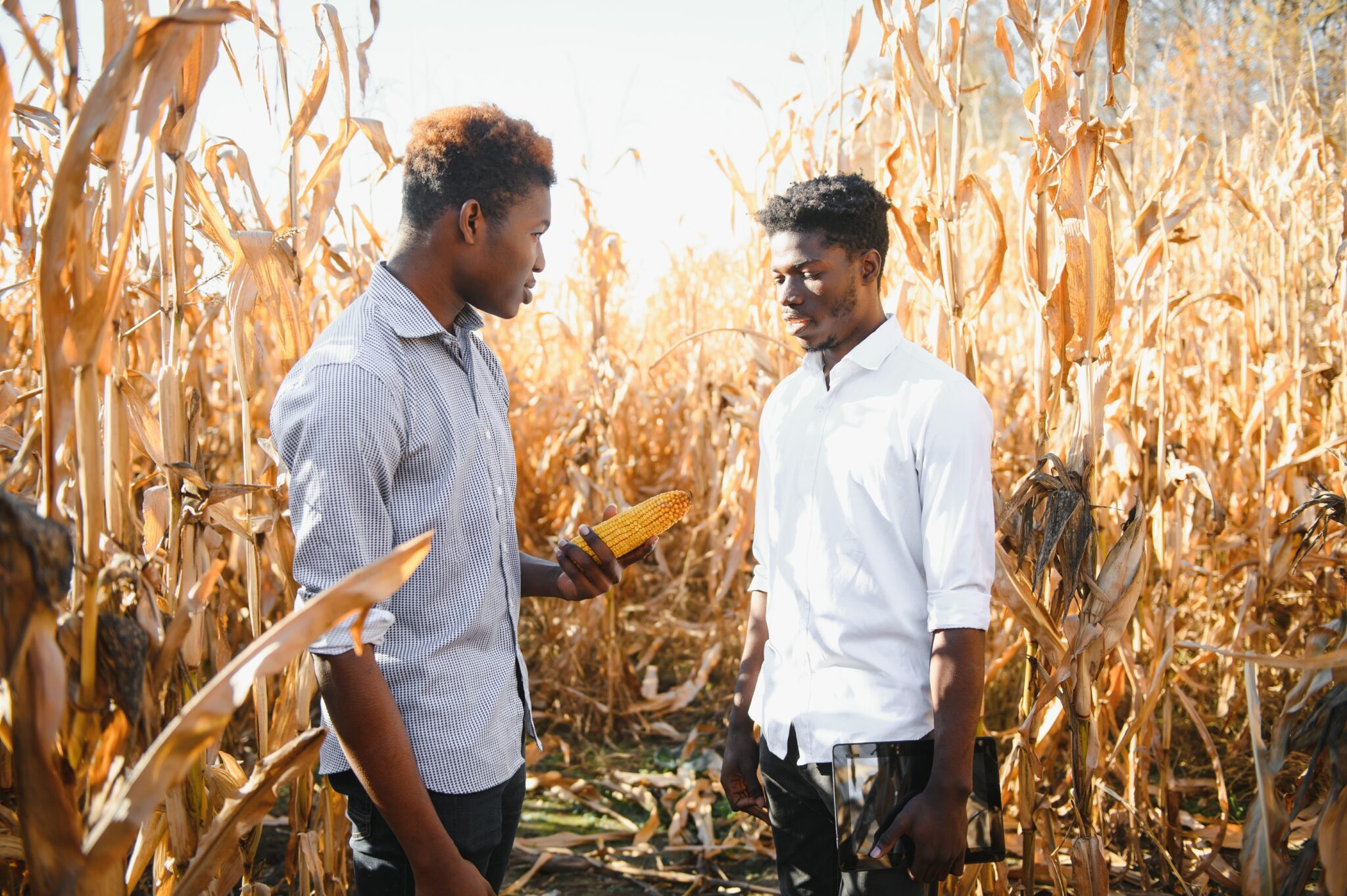Rural Finance and Commitment Mechanisms in Agricultural Input Decisions

Photo Credit: Adobe Stock
Evidence suggests that farmers may be more likely to buy fertilizer right after the harvest than at the beginning of planting season, when fertilizer is used. There are at least two possible explanations for this: farmers may lack credit access during planting season, or it may be that they are more willing to pay for fertilizer right after the harvest. In Mali, researchers are working with Innovations for Poverty Action, Soro Yiriwaso (a microfinance institution), and UNRIA (the national network of agriculture input dealers), to evaluate the relative importance of these two factors in farmers’ fertilizer-purchasing decisions.
Policy Issue
In many parts of sub-Saharan Africa, few farmers use inputs that increase farm productivity, and many farmers use too little. Evidence suggests that timing affects farmers’ demand for fertilizer. Specifically, programs that offer farmers the chance to buy vouchers for fertilizer early, which is then delivered for free during the planting season, can increase use: in previous studies in Kenya and Burkina Faso, farmers offered this option were more likely to buy fertilizer than those who were offered the chance to buy it during the planting season itself.
The vouchers acted as a mechanism to commit farmers to buying fertilizer in the future, based on their demand for it in the present. While it is clear that timing matters, less is known about why. This project aims to disentangle two possible explanations. Farmers may simply not have the money or access to loans during the planting season to buy fertilizer. Or, farmers may be able to afford fertilizer, but have more willingness to pay for it or ability to obtain it at certain times than at others.
Context of the evaluation
This study takes place among rural households in the Sissako region of southern Mali. In this region, dealers of agricultural inputs such as fertilizer, credit providers, and farmers are often unable to connect and coordinate their activities at the times when farmers need to be able to access loans in order to be able to purchase fertilizer. As a result, it is difficult to determine whether farmers’ lack of fertilizer adoption is due to a lack of credit access, or because they prefer to pay for it at times other than the beginning of planting season.
In addition to Innovations for Poverty Action, researchers are working with two local partners. Soro Yiriwaso is a microfinance institutional that engages in agricultural lending. It has operated in Mali for over 15 years and has a strong presence in the South and West, where this evaluation takes place. The National Union of Agro Input Dealers (UNRIA) seeks to promote the supply of domestic market inputs. UNRIA is the primary national association that provides access to inputs—including fertilizer, improved seeds, pesticides, and equipment—for small scale famers and plays an active role in agricultural policy.
Details of the intervention
Researchers are working with IPA to evaluate how the design and timing of commitment mechanisms, as well as access to credit, affects farmers’ decisions to buy fertilizer. To compare the impact of improved access to inputs and credit, researchers will randomly assign 140 villages to one of seven groups, comprising 20 villages each. These groups vary by the timing of agricultural input fairs and by the up-front payment required to take up credit.
In villages in six groups, UNRIA and Soro Yiriwaso are organizing an input fair. The remaining group serves as a comparison group and will not host at input fair. At the input fairs, farmers can buy agricultural inputs such as fertilizer from dealers at a central location. The timing of the input fairs varies, either right after the harvest (“early” input fairs) or at the start of the planting season (“late” input fairs). The agro-dealer then delivers the purchased inputs to farmers at the beginning of the planting season.
Of these six groups, farmers in three will be offered credit by Soro Yiriwaso while at the input fair while the other three groups will not. These financial products aim to encourage fertilizer purchases and require some up-front payment, which acts as a commitment mechanism. Some farmers are asked to make a 5 percent deposit on their purchase, a “soft” commitment mechanism, and other farmers are asked to make a 50 percent deposit, a “hard” commitment mechanism. Farmers must start repaying the remaining balance on the loan after the fertilizer is delivered. If farmers renege on their purchase, the deposit is given to the agro-dealer who sold the fertilizer.
The full breakdown is as follows.
Groups receiving access to credit at input fairs, where farmers will have the deposit made to the dealers by Soro Yiriwaso:
- Group 1: Input fair right after harvest + 5 percent deposit
- Group 2: Input fair right after harvest + 50 percent deposit
- Group 3: Input fair at the beginning of planting season
Groups not receiving access to credit, where farmers will pay dealers the deposit directly:
- Group 4: Input fair right after harvest + 5 percent deposit
- Group 5: Input fair right after harvest + 50 percent deposit
- Group 6: Input fair at the beginning of planting season.
- Group 7: Comparison group.
Through surveys and administrative data, researchers will measure the effect of commitment devices and offers of credit on input purchases, area of land cultivated, labor, and harvest values. Soro Yiriwaso will provide administrative data on credit history, the credit contract, repayments and default rates. UNRIA will provide administrative data on purchase orders and delivery of agricultural inputs. Researchers will also examine whether impacts differ for women and men.
Results and policy lessons
Project ongoing; results forthcoming.
This evaluation summary was originally drafted by J-PAL and posted on the J-PAL website.

